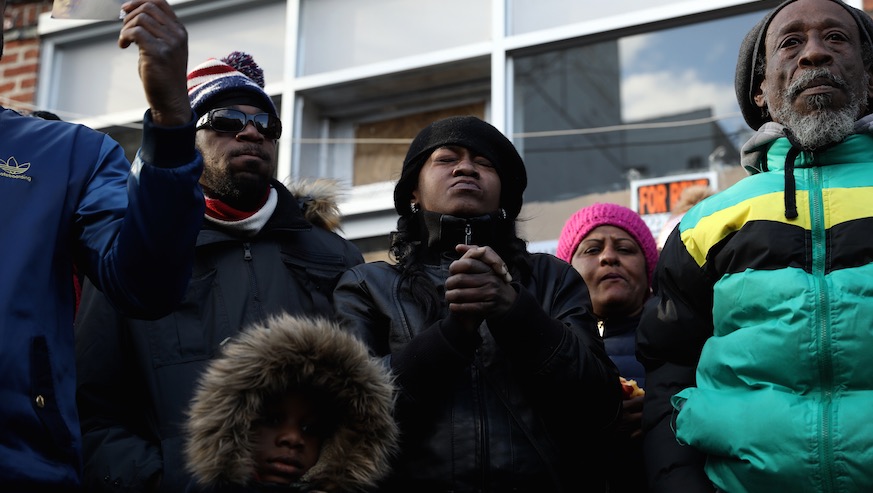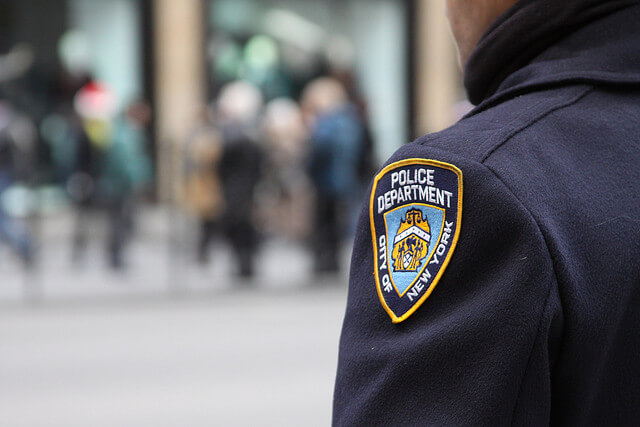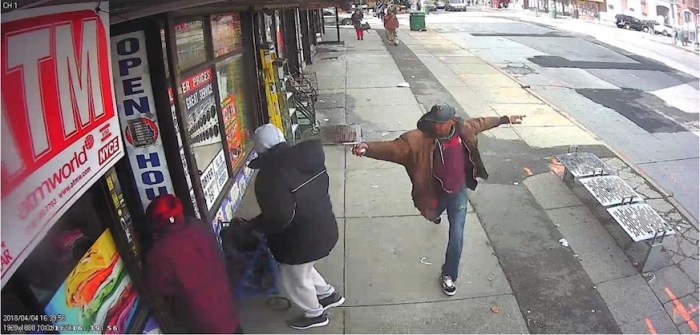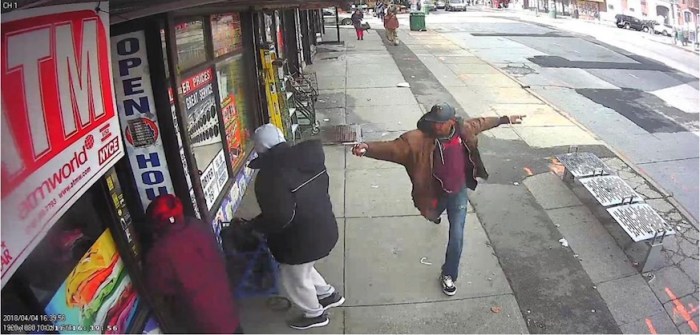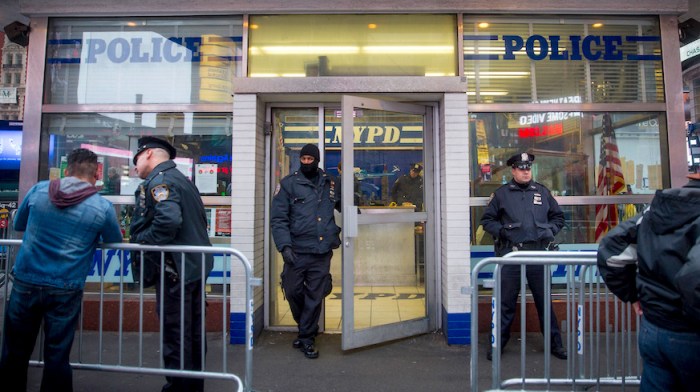The NYPD announced a slew of changes coming to its officer disciplinary system after a panel of criminal justice professionals suggested that the police department take steps to increase its accountability and transparency.
The independent panel, which included two former U.S. attorneys and a former federal judge, released a report on Friday looking at the whether the NYPD disciplinary practices were fair and effective.
“At a very high level, we found a complex disciplinary system which is imperfect but which generally seems to deliver fair disciplinary outcomes,” former Manhattan U.S. Attorney and Securities and Exchange Commission chair Mary Jo White told reporters at a press conference. “We also found, however, an almost complete lack of transparency and public accountability in the NYPD’s disciplinary system.”
Among their recommendations, the panel suggested that the NYPD release annual disciplinary statistics, appoint a citizen’s liaison to help police misconduct victims access case info and support changes to a current state law known as 50-a, which prevents the public release of the outcomes of officer disciplinary cases.

New York Police Department Police Commissioner James O’Neill. Getty Images
NYPD Commissioner James P. O’Neill convened the panel to conduct this review in June 2018.
“We recognize we can always do better and that’s what this process has been about. We don’t ever fear scrutiny, we welcome it and our primary goal is to have a disciplinary system that is as fair, clear and consistent for all involved, and that’s essential to the police and public alike,” he said at a Friday news conference. “As with everything, trust is key here and it hinges on accountability and transparency.”
O’Neill named First Deputy Commissioner Benjamin Tucker to the chair of the new NYPD Implementation Panel, which is tasked with making the all the disciplinary review report’s recommendations a reality.
That panel will also identify an outside organization to audit the NYPD’s reforms to its disciplinary system.
Reactions to NYPD disciplinary system report, changes
To activists and those impacted by police violence, the panel’s report has affirmed what they have “long known,” said Anthonine Pierre, a spokesperson for Communities United for Police Reform, in a statement: that “the NYPD’s disciplinary process lacks transparency and is fundamentally flawed.”
“The NYPD’s overly broad and ever-expanding application of the 50-a police secrecy law has protected and empowered officers who engage in misconduct,” she added. “That’s wrong and unacceptable. …Increasingly, the NYPD hides behind 50-a and invokes it to block the release of vital information, such as outcomes of misconduct investigations and disciplinary proceedings. It’s time to repeal 50-a. Repealing 50-a in the state legislature will increase police transparency and accountability, and enhance public safety.”
The mayor said in a statement that at the center of the NYPD’s success in making New York City safer is “transparency and accountability in the relationship between our police officers and the communities they serve and protect.”
“These thoughtful reform proposals represent meaningful progress in the never-ending mission to make our city safer and fairer,” he said of the report. “ I commend the Police Commissioner for launching this review and for adopting its important findings.”

